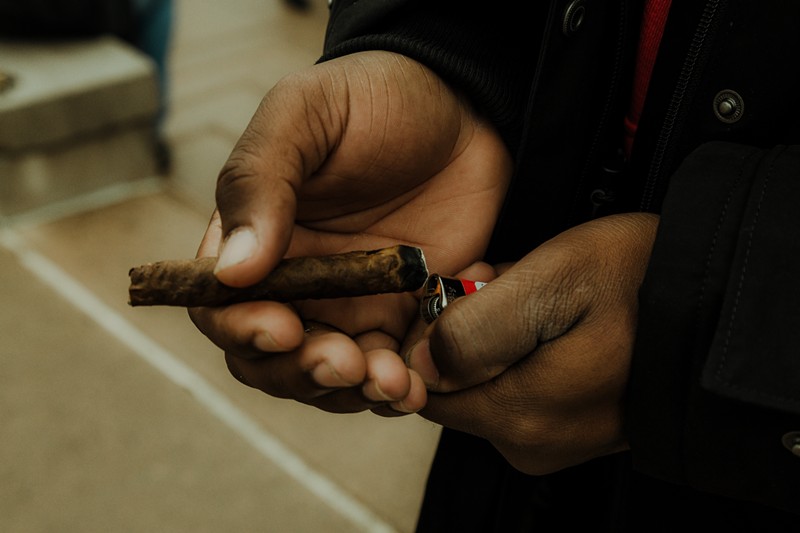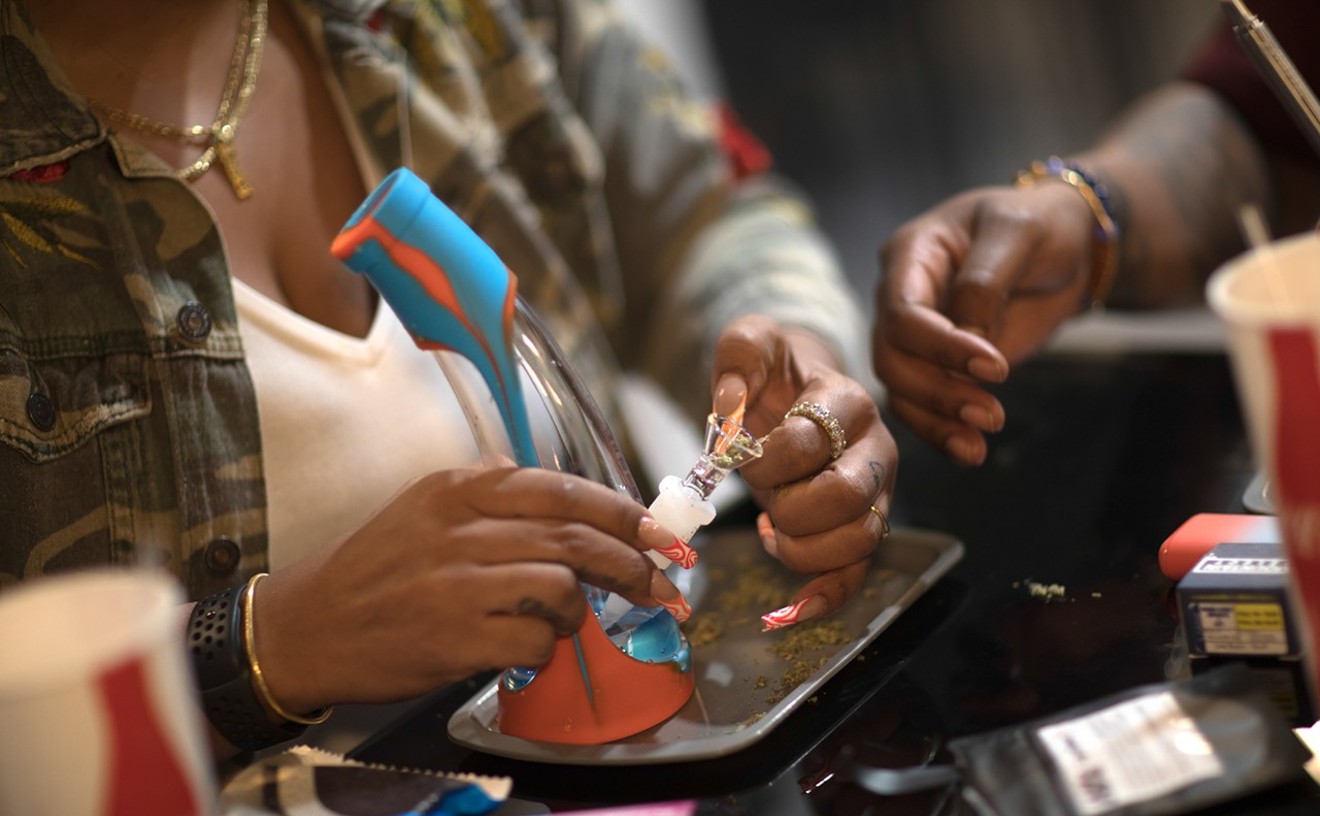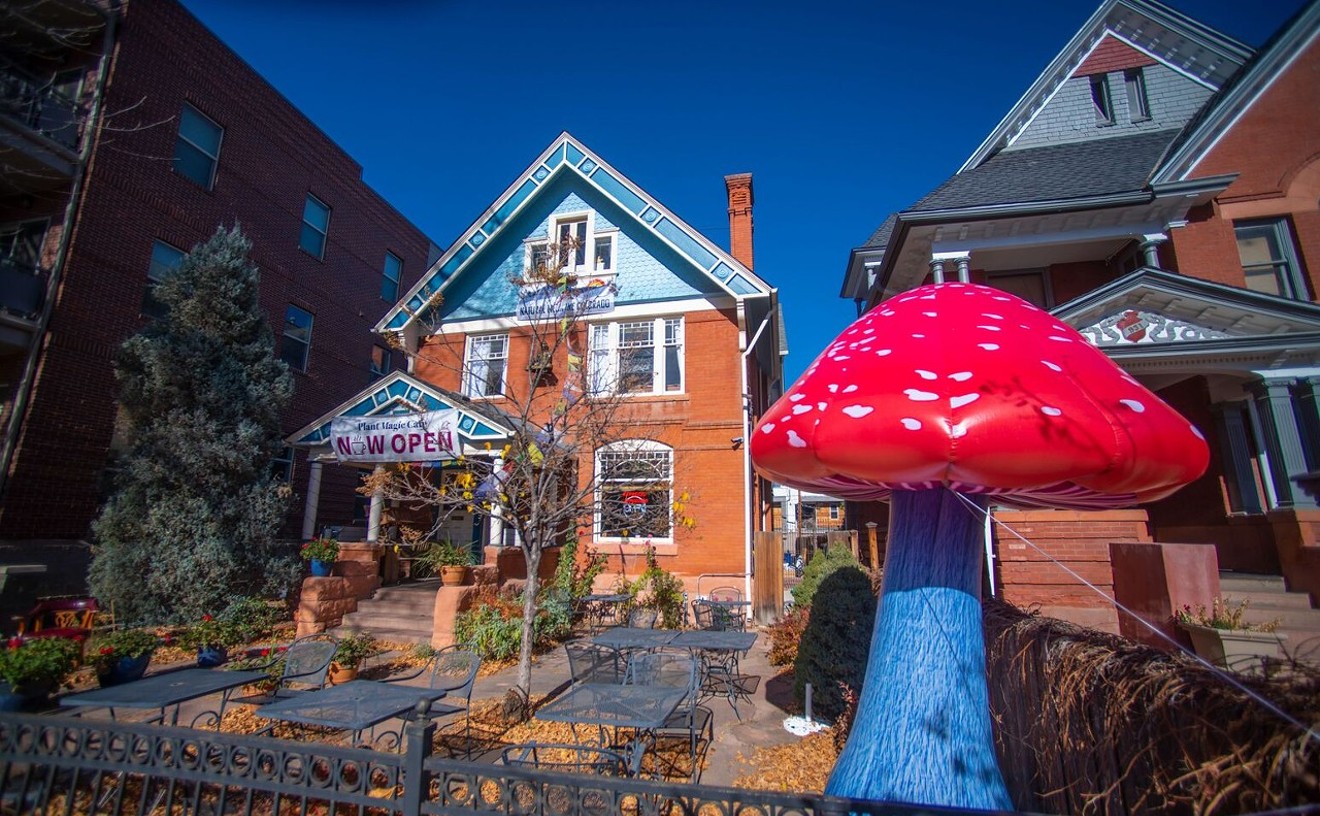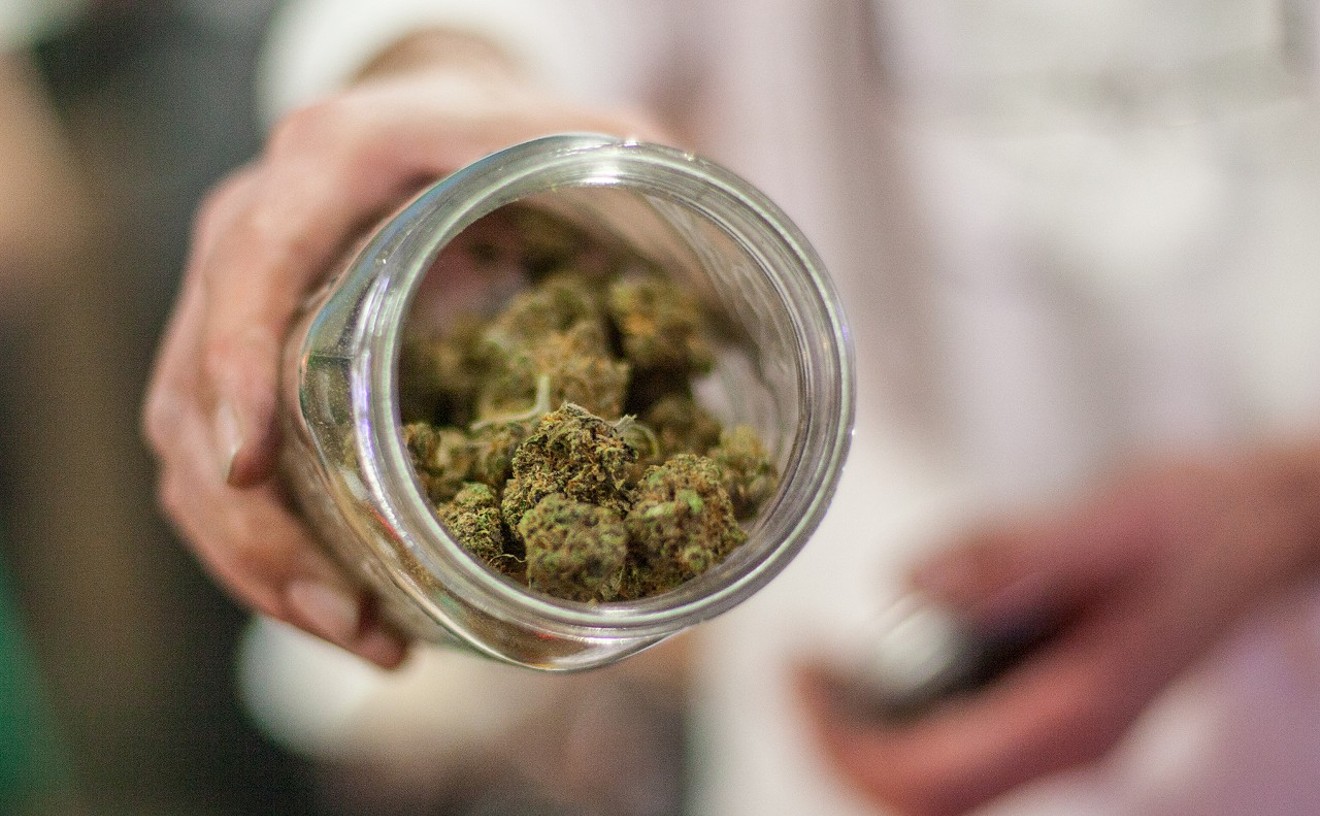The City of Denver has submitted a formal public comment to the Drug Enforcement Administration as the federal government weighs marijuana's legal reclassification, calling for a rescheduling of the plant and protections for established medical marijuana systems.
News of a looming rescheduling process first dropped in April; in May, the DEA officially released its reclassification proposal and opened up a 62-day public comment period. The reaction from cannabis proponents and business owners has ranged from mixed to supportive, with some activists calling for more reform and a full descheduling of the plant — putting it on a similar legal level as alcohol — while others view any steps forward as positive movement.
If the DEA goes through with the proposal, cannabis would no longer be considered a Schedule I federal substance, the same designation as heroin, and would move to Schedule III, which includes drugs like ketamine and certain anabolic steroids. With less than one week left in the public comment period, the DEA has received around 31,000 submissions from citizens, business owners, lobbying groups, political organizations and local governments, including Denver's.
Home to the first major recreational marijuana market in the country, Denver has 815 active marijuana business licenses, according to the city's Department of Excise & Licenses. Although Colorado's cannabis market has struggled to sustain businesses since 2021 and dispensary sales continue to decline, Denver still made around $48.1 million in marijuana tax revenue and licensing fees last year, and collected over $500 million within the first ten years of recreational legalization.
In its comments sent to the DEA, the City of Denver says it's hopeful that federal agencies such as the Food and Drug Administration, Environmental Protection Agency and Department of Agriculture will help regulate and enforce public health rules related to cannabis businesses, some of which are unique and have yet to be addressed at the federal level.
Banking, finance and tax collection rules are especially hard for businesses directly connected or related to marijuana because of its Schedule I status, with the majority of dispensary transactions done in cash. Marijuana business owners are often prohibited from tax deductions and face hurdles with loans, both personally and professionally, as well.
"Allowing marijuana businesses to claim normal federal tax deductions would provide relief to Denver’s cannabis businesses that are paying a higher federal tax rate than non-marijuana businesses, which creates additional financial pressure as marijuana businesses experience a sales and profit decline. The tax implications of rescheduling cannabis will especially benefit social equity marijuana businesses in Denver by reducing their federal tax liability. In turn, this would benefit Denver’s economy by empowering Denver marijuana businesses to invest the extra funds in their businesses, their employees, and the community," Denver's comment notes.
In Denver, state and local marijuana taxes account for a 26.41 percent tax rate on recreational dispensary purchases, while all growers in Colorado must pay a 15 percent excise tax on their harvest, too. As the city points out, it's still "unclear how transferring marijuana to Schedule III would impact existing marijuana businesses’ ability to operate under local and state regulatory frameworks," and that includes the addition of any federal taxes.
"Any change to medical or retail marijuana businesses’ ability to operate in Denver could have significant ramifications for Denver’s economy and tax revenue," the city points out in its comment. "In 2023, marijuana tax revenue and licensing fees totaled $48.1 million. This revenue covers expenditures related to regulation and enforcement, but most of the revenue is spent on marijuana education for youth, homelessness services, affordable housing, and small business support."
The city also asks that any rescheduling by the DEA not negatively impact the 7,300-plus registered medical marijuana patients in Denver. Medical marijuana has been legal in Colorado since 2000, with over 64,400 patients statewide as of June, according to the state Department of Public Health and Environment.
If marijuana goes from Schedule I to Schedule III, then only FDA-approved medical marijuana could be dispensed with a doctor’s prescription. The federal government has taken a lax enforcement approach with state-legal marijuana programs in the recent past, however, and Denver officials hope that attitude remains.
"If enforced, this could create barriers that make it difficult for patients to access medical marijuana in the amounts and frequency they require to treat their medical conditions. There could be negative public health consequences as a result. Federal oversight under Schedule III should not negatively impact patients’ ability to access medical marijuana," the comment reads.
Marijuana use among teens increased initially after recreational legalization in Denver and Colorado as a whole, but both the city and state have seen a progressive decline in consumption since 2015. In 2021, CDPHE survey data showed that 13.3 percent of Colorado teens admitted to using marijuana within the last month, compared to about 16 percent nationally. As of last year, that number had dipped to 12.8 percent in Colorado.
“We’ve learned after more than a decade of legalized medical and retail marijuana in Denver that marijuana does not rise to the level of a Schedule I substance — a classification reserved for drugs like heroin, LSD and ecstasy. Marijuana offers some medical benefits that require further research and study, which is severely restricted by its current classification," Denver Department of Excise & Licenses executive director Molly Duplechian says. "The industry employs thousands of people across Denver and the United States and has contributed millions of dollars in tax revenue. And in Denver, the industry has kept its promise to successfully prevent a surge in youth usage."
[
{
"name": "Air - MediumRectangle - Inline Content - Mobile Display Size",
"component": "12017618",
"insertPoint": "2",
"requiredCountToDisplay": "2",
"watchElement": ".fdn-content-body",
"astAdList": [
{
"adType": "rectangle",
"displayTargets": "mobile"
}
]
},{
"name": "Editor Picks",
"component": "17242653",
"insertPoint": "4",
"requiredCountToDisplay": "1",
"watchElement": ".fdn-content-body",
"astAdList": [
{
"adType": "rectangle",
"displayTargets": "desktop|tablet"
},{
"adType": "rectangle",
"displayTargets": "desktop|tablet|mobile"
}
]
},{
"name": "Inline Links",
"component": "18838239",
"insertPoint": "8th",
"startingPoint": 8,
"requiredCountToDisplay": "7",
"maxInsertions": 25
},{
"name": "Air - MediumRectangle - Combo - Inline Content",
"component": "17261320",
"insertPoint": "8th",
"startingPoint": 8,
"requiredCountToDisplay": "7",
"maxInsertions": 25,
"watchElement": ".fdn-content-body",
"astAdList": [
{
"adType": "rectangle",
"displayTargets": "desktop|tablet"
},{
"adType": "rectangle",
"displayTargets": "desktop|tablet|mobile"
}
]
},{
"name": "Inline Links",
"component": "18838239",
"insertPoint": "8th",
"startingPoint": 12,
"requiredCountToDisplay": "11",
"maxInsertions": 25
},{
"name": "Air - Leaderboard Tower - Combo - Inline Content",
"component": "17261321",
"insertPoint": "8th",
"startingPoint": 12,
"requiredCountToDisplay": "11",
"maxInsertions": 25,
"watchElement": ".fdn-content-body",
"astAdList": [
{
"adType": "leaderboardInlineContent",
"displayTargets": "desktop|tablet"
},{
"adType": "tower",
"displayTargets": "mobile"
}
]
}
]












